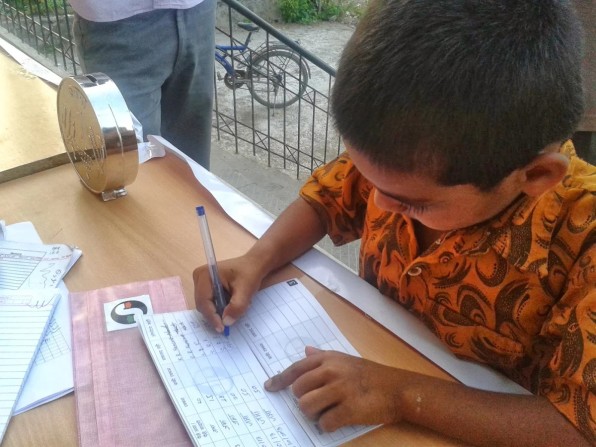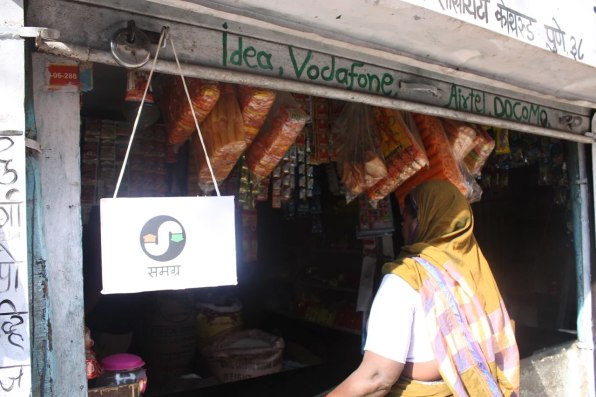Six years ago, Swapnil Chaturvedi gave up a comfortable life in the U.S. to return to his native India. Instead of working for a car company, he wanted to take on one of India’s biggest challenges: a lack of sanitation among its poor.
企业家转弯并不容易。Chaturvedi的创业公司,Samagra, went through four unsuccessful models before arriving at a proposition that’s (hopefully) now sustainable. Chaturvedi estimates he spent $200,000 of his own money getting to a point where he has a chance of long-term success.
“After 11 years in the U.S., I was naive and too solutions-oriented,” he says, looking back. “If I had given energy to understanding people’s lives first, rather than imposing a solution, I would have saved a lot of this money.”

As entrepreneurs look to build toilets for the 2.4 billion who still don’t have them, the question is how to make toilets pay for themselves. Chaturvedi looked at turning human waste into fertilizer or converting it to fuel, but neither option worked in practice. He’s now convinced the answer is around getting people to pay for toilets, and then rewarding them for their loyalty. Samagra runs a network of 48 toilet blocks in the city if Pune, serving about 50,000 people daily.
“We’re trying to make toilets into business centers so that when people come and pay for using the toilets, they also get rewards,” he says. “We incentivize people to use the toilets so they’re not motivated to go outside in the open.
When customers visit a Samagra block, as well as using a clean toilet, they can also pay for mobile phones, TV service, or their electricity bill, open a micro-savings account, deposit or send money, or take advantage of member discounts on a range of goods. Chaturvedi says the additional services offset the cost of the main business and improve loyalty (the discounts increase the more people revisit).

In India, municipal toilets are often badly maintained, leaving a gap in the market for cleaner commercially-run versions. But Chaturvedi says many people need extra incentive–other than a clean toilet–before they’ll pay up. “An incentivizing program is critical because [people] never had a habit to pay,” he says.
萨马格拉(Samagra)得到了比尔(Bill)和梅琳达·盖茨(Melinda Gates)基金会的支持toilet startup accelerator由厕所委员会联盟(TBC)经营,该联盟(TBC)试图扩大卫生能力。该初创公司将获得资本以及成员公司的实物支持,包括联合利华,金伯利 - 克拉克和联合国儿童基金会。
Samagra features in a newTBC报告looking at ways to “digitize” sanitation. The startup’s loyalty program, which is mobile-based, is one example of fusing software and hardware to build a more profitable enterprise, it says. Other possibilities include placing sensors in toilets to monitor cleanliness, or, more futuristically, sampling poop and pee to gather health data.
“If we look further into the human waste inputs that pass through a toilet we see the opportunity to capture essential health data which can improve our understanding of an individual’s basic health,” the report says. “A look into the future can envision a smart health care cycle being generated by the sanitation system.”
到目前为止,Samagra本身在大约40%的网站上有利可图。在接下来的六个月中,Chaturvedi计划将其余部分提高到收支平衡点,然后在另外三个具有相同型号的城市设置。经过六年的反复试验,他希望厕所加奖励的方法比他的其他想法更成功。